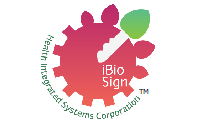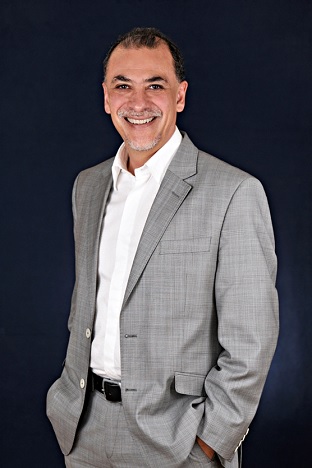Dr Gabriel Pulido-Cejudo
Executive Summary
Inventor and entrepreneurial scientist, Dr Gabriel Pulido-Cejudo earned his Ph.D. in Experimental Medicine at McGill University. He is currently President and Chairman of the International Centre for the Advancement of Health Regional Innovation and Science (ICAHRIS).
Dr Pulido-Cejudo is an energetic executive and advisor within public, not-for-profit and private organizations involved in national and international activities in support of emerging technologies, competitiveness and innovation.
His fields of interest and expertise include human and veterinary medical devices, bio-drugs, biosecurity and bioterrorism, human disease awareness and prevention, particularly vis-à-vis the health of women. Dr Pulido-Cejudo has been involved in the potential hindering of viral infectious diseases such as HIV, blood-based technologies for early breast cancer detection and neuronal stem cell research, with a strong, recent interest in generational epigenetics and human microbiome crosstalk.
Apart from addressing inflammatory and metabolic ailments including obesity, type 2 diabetes and cancer, Dr Pulido-Cejudo is pioneering the use of lysosomotropic agents, gene-editing and nNE adjuvant biogentic clones for the prevention of community transmission of SARS-CoV-2/COVID-19 (doi:10.21964/jehsi-00003) as well as the potential role of exopeptidases such as Leucine Aminopeptidase as an accessory receptor in the immediate viral entry of SARS-CoV-2 (doi:10.21964/jehsi-00006).
He commenced his career as research scientist and head at the Laboratory Centre for Disease Control of Health Canada, in 1991. In 1996, he became a member of the Interministerial Task Force for the renewal of the Canadian Biotechnology Strategy and a scientific participant to the 6th National Biotechnology Advisory Committee report to the government of Canada. As a research scientist at Health Canada, he also led regulatory affairs as head of the Plasma Products Blood and Tissues Division of the Bureau of Biologics.
Dr Pulido-Cejudo has provided developmental task frameworks, implementation and post-implementation surveillance on projects and special initiatives concerning regional innovation, biosafety and biosecurity within major events such as G8 Summits (Evian), Colloques de la Fondation pour l'Innovation Politique and the NAFTA (Summit 2009).
In his role as Chairman of ICAHRIS, he was responsible for the design and implementation of the International Programme of Alignment and Consortia for Innovation and Regional Growth (ACIR). This programme has assisted the creation of start-up corporations as well as enhancing the innovation capacity of SMEs within the Life Sciences and related sectors. Key elements of this international initiative were brought forward by Dr Pulido-Cejudo during the Forum on Innovation, Science and Technology Across North America within the framework of The North American Leaders' Summit (NAFTA) that took place in Ottawa, June 2016.
In 1998, based upon his discoveries in breast cancer and HIV/AIDS, he founded the Canadian Breast Cancer Laboratories, securing in-house patents (as sole inventor), operational and capital resources for the design and manufacturing of quantitative, blood-based cancer screening technologies.
Dr Pulido-Cejudo is a member of Health Canada's Scientific Experts Inventory and a former member of Team Canada Trade Missions led by the Prime Minister of Canada. He has recently been appointed CEO of iBioSign Health Integrated Systems™.
In December 2016, Dr Pulido-Cejudo launched the Maternal Health Intercultural Centre, an integrative effort on anticipatory global health care for effective disease prevention, early treatment and improvement of the health of women, men, children, their extended families and regional communities at large.


